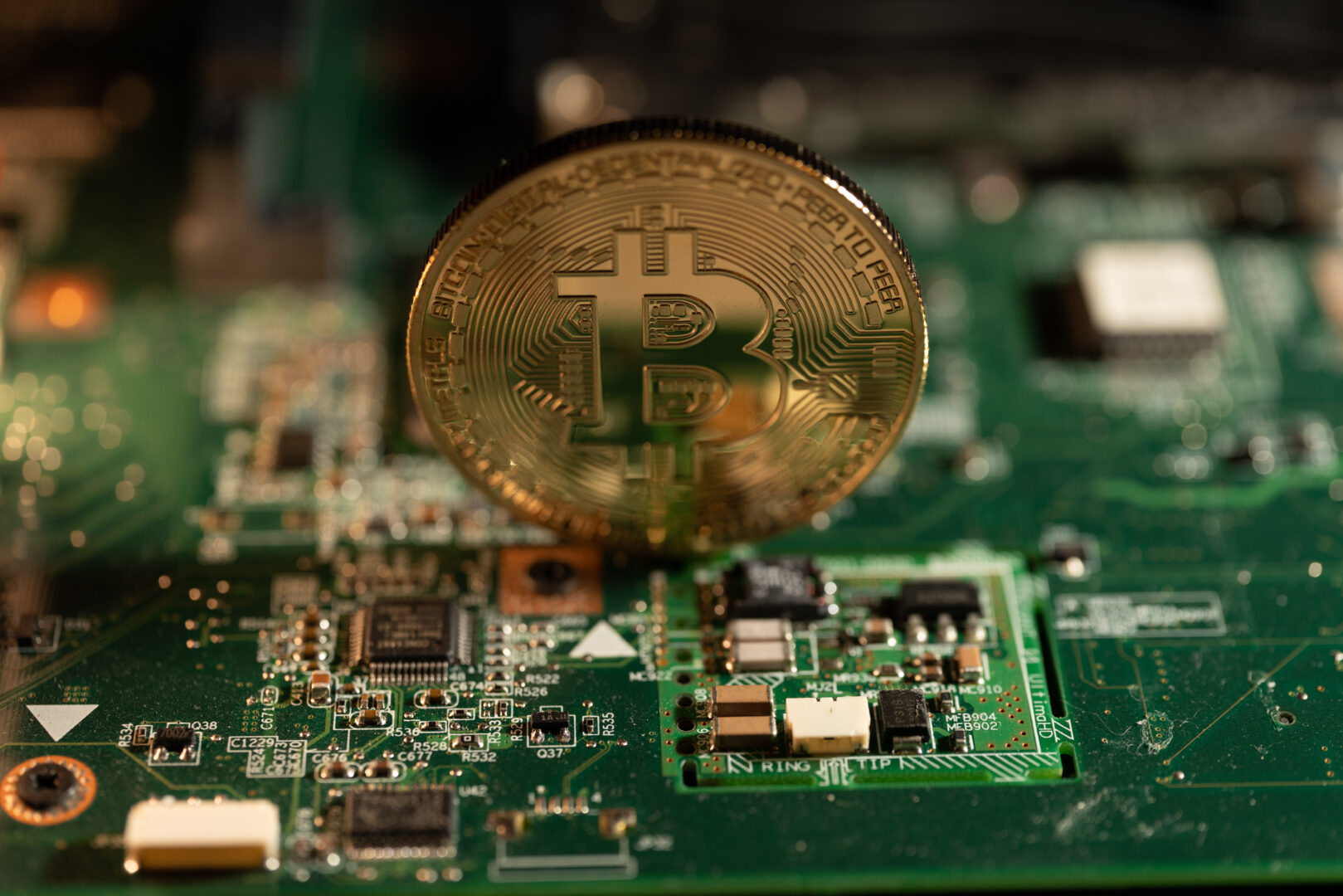Are Blockchains Safe Toward Quantum Computing?
Blockchains are distributed databases that use cryptography to secure and verify transactions. They have become popular in recent years due to their ability to provide a secure and transparent record of transactions, without the need for a central authority. However, with the advent of quantum computers, there has been some concern about the potential for quantum computers to compromise the security of blockchains. In this blog, we will explore whether blockchains are safe towards quantum computing, and why this is the case.
First, it’s important to understand the basics of how quantum computers work. Quantum computers use quantum bits, or qubits, instead of classical bits to store and process information. Qubits can represent both a 0 and a 1 simultaneously, which allows quantum computers to perform certain calculations much faster than classical computers. However, quantum computers are still in the early stages of development, and it is not clear when they will be able to perform certain tasks that are currently beyond the capabilities of classical computers.
One of the main concerns about quantum computers and blockchains is the potential for quantum computers to crack the cryptographic algorithms that are used to secure blockchains. Many of the cryptographic algorithms used in blockchains, such as SHA-256 and ECDSA, are based on mathematical problems that are thought to be hard for classical computers to solve, but that might be much easier for quantum computers to solve. If a quantum computer were able to crack these cryptographic algorithms, it could potentially compromise the security of blockchains and allow attackers to steal or manipulate transactions.
However, there are several reasons to believe that blockchains will be safe towards quantum computing. One reason is that many blockchains, such as Bitcoin and Ethereum, use proof-of-work (PoW) algorithms to secure their networks. PoW algorithms require users to perform a certain amount of computational work in order to add a new block to the blockchain. This work is designed to be computationally intensive, and it would take a quantum computer a significant amount of time to perform the necessary calculations. As a result, it is unlikely that a quantum computer would be able to significantly disrupt a blockchain network that uses a PoW algorithm.
Another reason to believe that blockchains will be safe towards quantum computing is that there are efforts underway to develop quantum-resistant cryptographic algorithms. These algorithms are designed to be resistant to attacks from quantum computers, and could be used to secure blockchains in the future. Some of these algorithms, such as lattice-based cryptography and multivariate cryptography, have already been proposed and are being tested. It is likely that as quantum computers become more powerful, these quantum-resistant algorithms will become increasingly important for securing blockchains.
In summary, while it is possible that quantum computers could potentially compromise the security of blockchains in the future, there are several reasons to believe that blockchains will be safe towards quantum computing. The use of proof-of-work algorithms and the development of quantum-resistant cryptographic algorithms are likely to provide significant protection against quantum attacks. As a result, it is unlikely that quantum computers will pose a significant threat to blockchains in the foreseeable future.

